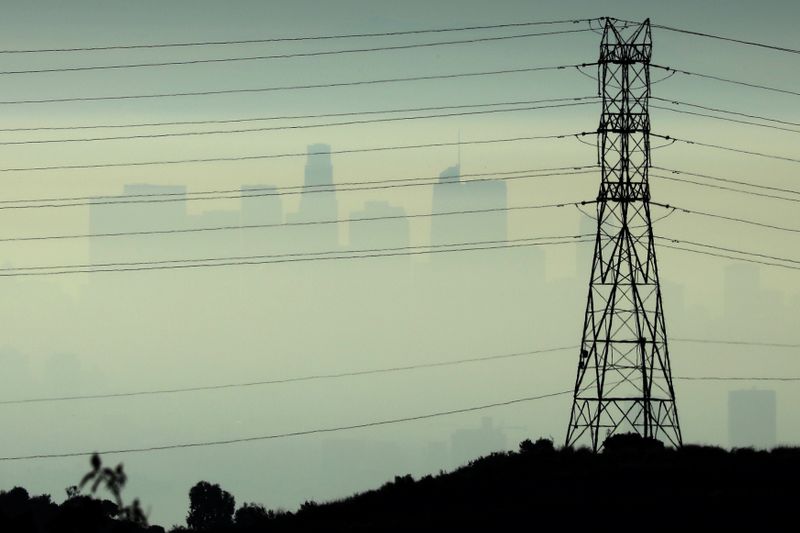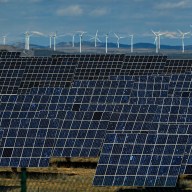(Reuters) – U.S. electricity consumption will decline 2.3% this year as coronavirus lockdowns cause businesses to close, the U.S. Energy Information Administration said on Tuesday in its Short Term Energy Outlook (STEO).
The EIA projected power demand will drop to 3,809 billion kilowatt hours (kWh) in 2020 from 3,896 billion kWh in 2019 before easing to 3,806 billion kWh in 2021.
Those declines follow a 2.7% drop in usage in 2019 due to mild weather from 2018’s record 4,003 billion kWh, according to data going back to 1949.
If power consumption falls as expected, 2020 would be the first time demand declined for two consecutive years since 2012 and 2021 would be the first time it declines for three years in a row ever.
EIA said natural gas’ share of generation will rise from 37% in 2019 to 39% in 2020 before dropping to 34% in 2021 as gas prices increase, while coal’s share will slide from 24% in 2019 to 20% in 2020 before returning to 24% in 2021.
Nuclear’s share of generation will hold at 20% in 2019-2021, while renewables will rise from 17% in 2019 to 20% in 2020 and 22% in 2021. Both nuclear and renewables will top coal for the first time in 2020.
The EIA projected power sales to commercial and industrial consumers will drop by 6.2% and 5.6%, respectively, in 2020 from 2019 as offices close and factories run at reduced capacity for coronavirus.
Electricity sales to residential homes, however, will rise 3.2% to 1,481 billion kWh in 2020 as lockdowns cause people to stay home.
While both the residential and commercial sectors consumed record amounts of electricity in 2018 at 1,469 billion kWh and 1,382 billion kWh, respectively, the industrial sector set its all-time high of 1,064 billion kWh in 2000.
(Reporting by Scott DiSavino; Editing by Marguerita Choy)



















